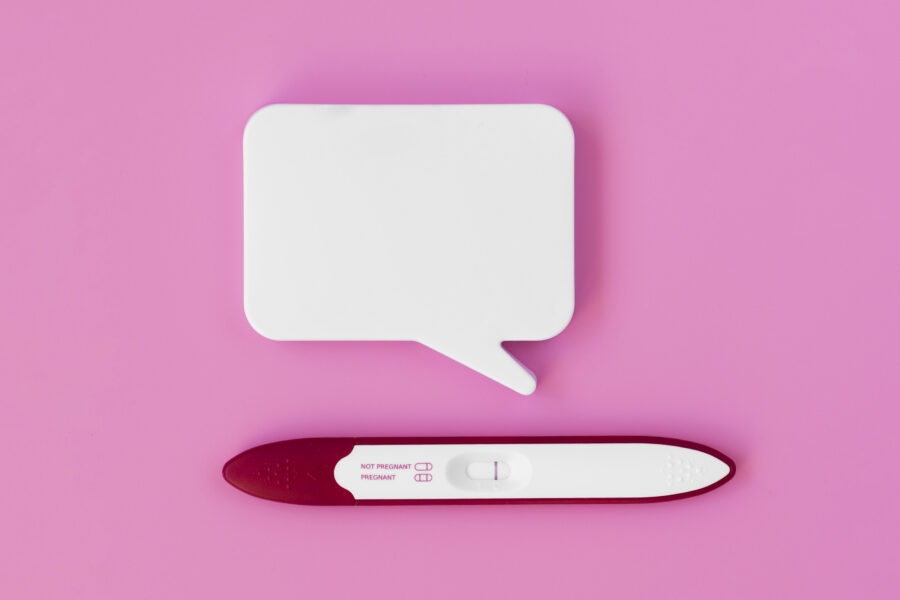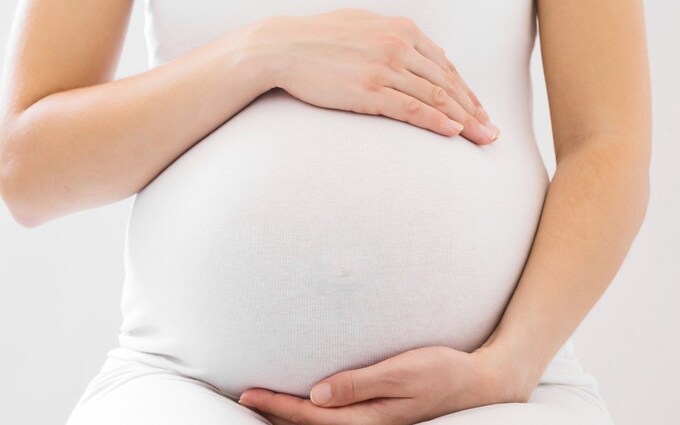Preeclampsia is a serious pregnancy complication that can lead to life-threatening consequences for both mother and baby. It is characterized by high blood pressure and signs of damage to other organs, such as the kidneys and liver. Preeclampsia typically develops after 20 weeks of pregnancy, although it can sometimes occur earlier.
Symptoms of Preeclampsia
- High blood pressure (generally defined as a systolic pressure of 140 mmHg or higher and a diastolic pressure of 90 mmHg or higher)
- Severe headaches
- Visual disturbances, such as blurred vision or seeing double
- Abdominal pain, especially in the upper right quadrant under the ribs
- Difficulty breathing
- Swelling of the face, hands, and feet
- Reduced urine output
Risk Factors for Preeclampsia
- First pregnancy
- Having had preeclampsia in a previous pregnancy
- Multiple pregnancy (twins, triplets, etc.)
- Chronic high blood pressure
- Chronic kidney disease
- Diabetes
- Obesity
- Being over the age of 35
Complications of Preeclampsia
- Eclampsia: This is a life-threatening seizure that can occur in women with severe preeclampsia.
- HELLP syndrome: This is a rare but serious complication of preeclampsia that can cause damage to the red blood cells, liver, and platelets.
- Placental abruption: This is a condition in which the placenta detaches from the uterine wall before the baby is born.
- Preterm birth: Babies born to mothers with preeclampsia are more likely to be born early.
- Low birth weight: Babies born to mothers with preeclampsia are more likely to be born with a low birth weight.
Diagnosis and Treatment of Preeclampsia
Preeclampsia is typically diagnosed by measuring a woman’s blood pressure and checking for signs of organ damage. There is no cure for preeclampsia, but the only way to prevent its complications is to deliver the baby. If a woman is diagnosed with preeclampsia before 37 weeks of pregnancy, her doctor may try to manage the condition by:
- Hospitalizing the woman to monitor her and her baby closely
- Prescribing medication to lower her blood pressure
- Restricting her activity
If a woman is diagnosed with preeclampsia after 37 weeks of pregnancy, her doctor will likely recommend delivering the baby.
Preventing Preeclampsia
There is no guaranteed way to prevent preeclampsia, but there are certain things that pregnant women can do to reduce their risk, such as:
- Maintaining a healthy weight
- Eating a healthy diet
- Exercising regularly
- Getting enough sleep
- Managing stress
- Controlling chronic conditions, such as high blood pressure and diabetes
If you are pregnant and experience any of the symptoms of preeclampsia, it is important to see your doctor right away. Early diagnosis and treatment can help prevent serious complications.






